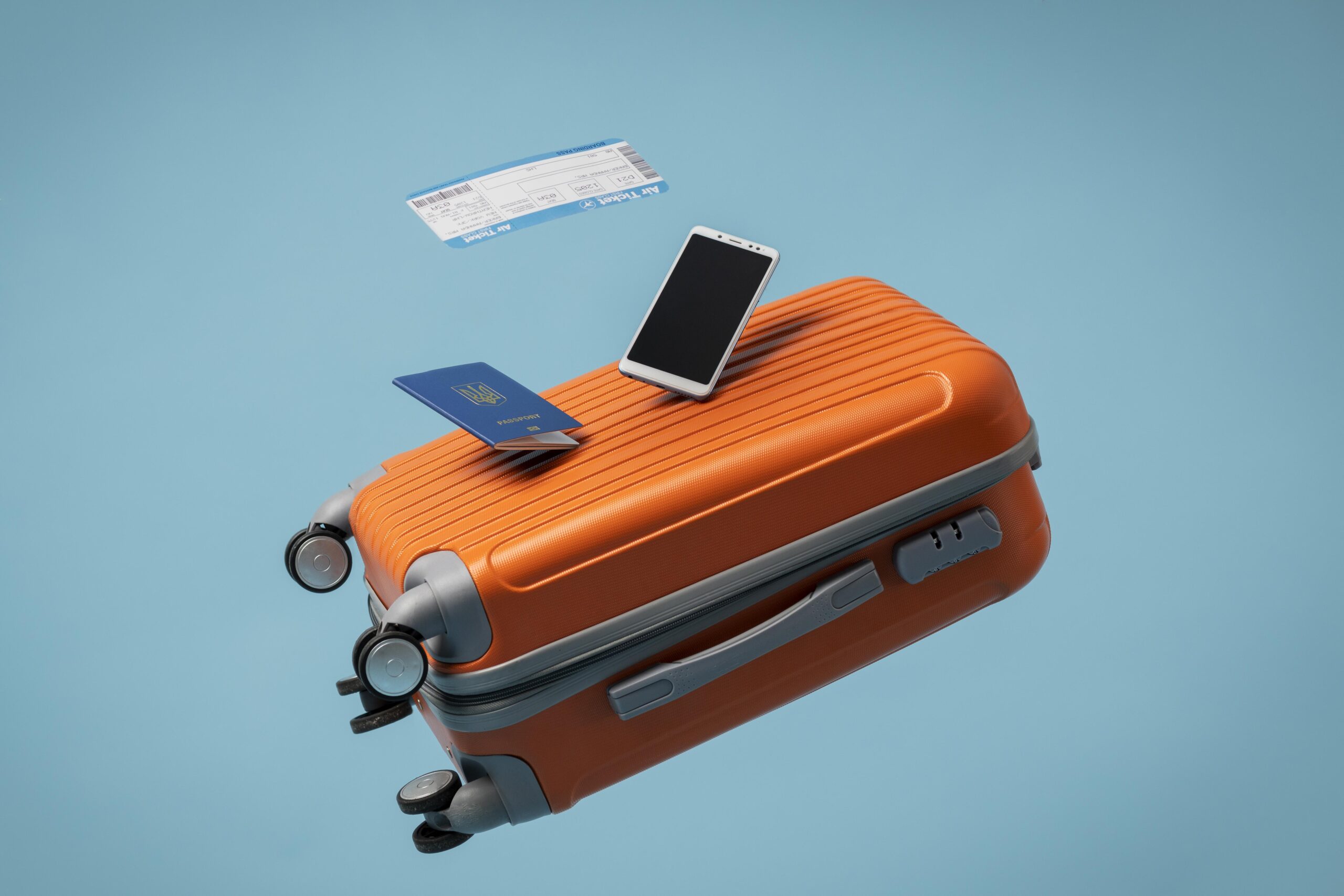How the U.S. government’s recent travel ban could dampen attendance and revenues at global sporting events — and more.
The travel ban President Trump announced earlier this year bars citizens from 12 countries and places restrictions on potential tourists from seven more. With several large global sporting events coming to the U.S. over the next few years — notably the FIFA Club World Cup in 2025 and 2026 and the Summer Olympics in 2028 — some are concerned this could negatively impact attendance and revenues.
The good news is that athletes, coaches, essential support staff and athlete’s immediate family members are specifically exempted from the travel ban as long as they are traveling to the U.S. for a major global sporting event. However, that exemption does not apply to international fans and tourists from the named countries. This means that those fans likely will not be able to enter the U.S. to cheer on their country’s athletes, which likely will decrease attendance and the ancillary tourism revenues that come with it, along with the potential to make it more difficult to sell tickets to global audiences.
This could be a blow to the U.S. cities hosting these events, which were depending on substantial tourism and hospitality revenues when they bid to hold these sporting events.
Also, while the Summer Olympic Games and FIFA clearly qualify as “significant sporting events” whose athletes are exempted from the travel bans, it’s not immediately clear what other sporting events might qualify. Eligibility is granted by the discretion of Secretary of State Marco Rubio, so some other competitions may still find it difficult-to-impossible to secure visas for their athletes and support staff, adding some administrative headaches for organizers whose competitions are global, but don’t quite have the magnitude of FIFA or the Olympics. There also could be some uncertainty around exactly who qualifies as “immediate family” who would be exempted from the travel ban.
Of course, international conferences, conventions and business meetings also face challenges from Trump’s travel ban. Unlike athletes, attendees, speakers, exhibitors, sponsors and other international meeting-goers from the 12 countries covered under the ban (or the seven other countries with partial restrictions) are not exempted. This likely will limit participation in global conferences, conventions and other meetings and events held in the U.S. — especially if they’re organized by or involve the countries affected by the travel ban.
This also means both the host cities and the meeting organizers can expect lower attendance in international delegates, speakers and attendees. This could lead to what tourism agencies and business groups estimate to be billions in lost revenues, canceled bookings and reduced networking opportunities.
But the biggest loss likely will be the least tangible — that of the knowledge exchange and collaborations that sprout during these meetings. This is especially relevant for scientific, academic and tech events that will not be able to provide platforms for researchers, professionals and thought leaders from the banned countries to present their work in person.
There already is a small but potentially growing trend toward event organizers — especially those that represent international organizations or multinational companies — to take their events to countries that are more accessible and welcoming than having to deal with the U.S.’s unpredictable visa and entry restrictions.
You May Also Be Interested In…
U.S. Policy Driving Companies to Rethink International Business Travel
New GBTA Study: Not Enough Business Travel





![[Updated] Trump May Require Social Media History From Int’l Visitors](https://www.prevuemeetings.com/wp-content/uploads/2025/12/Social-Media-800-218x150.jpg)






